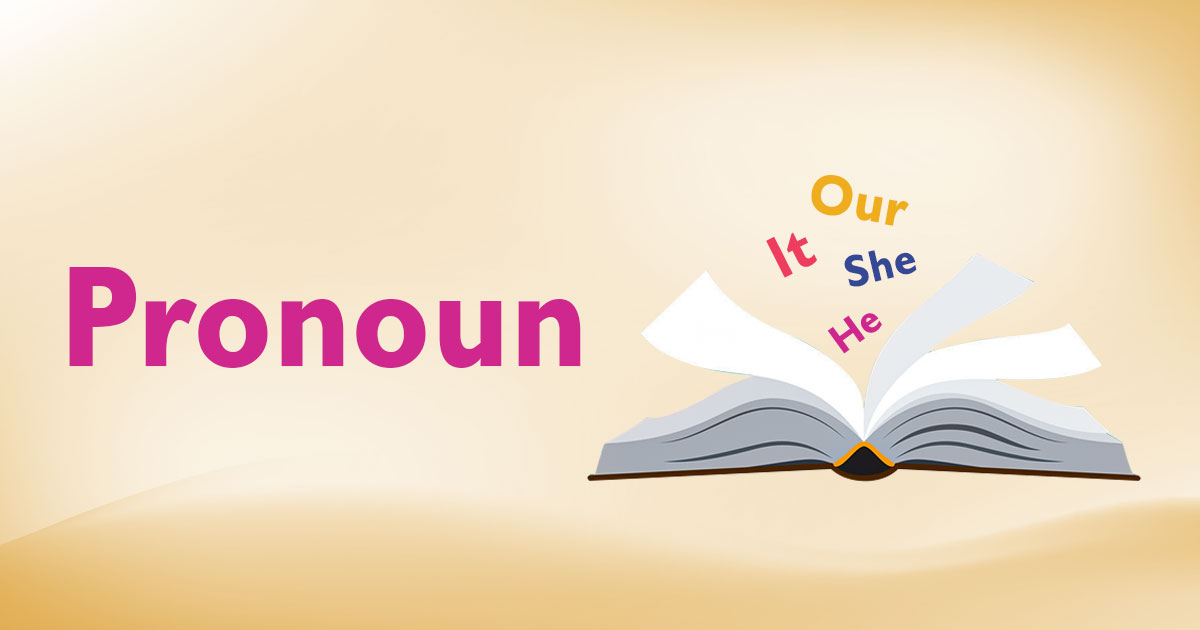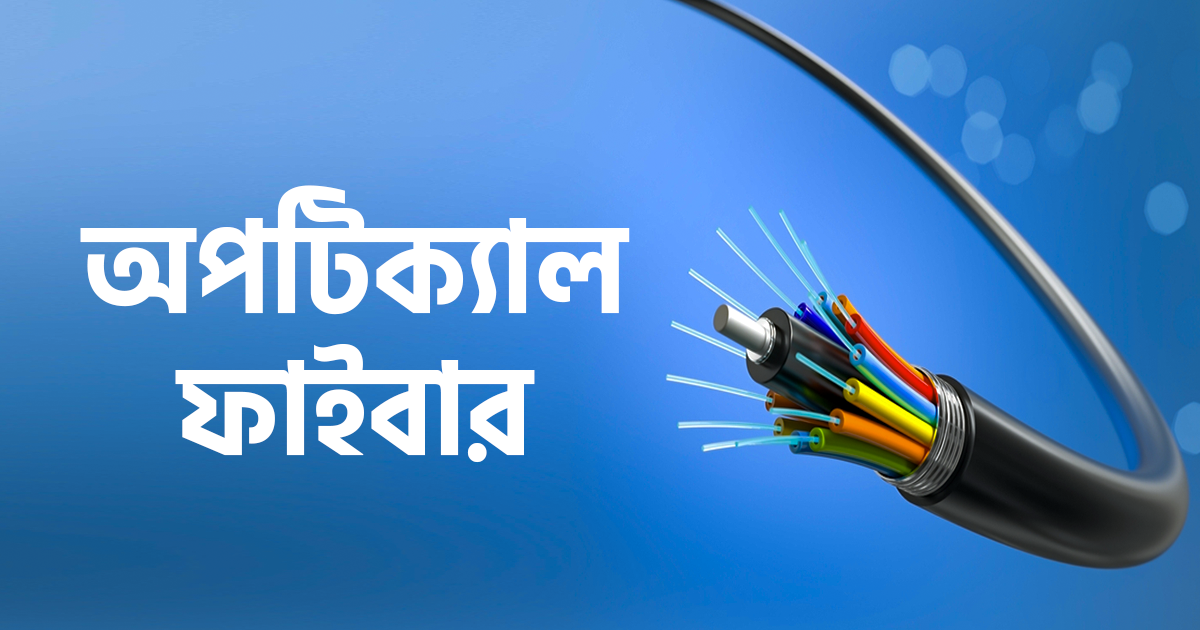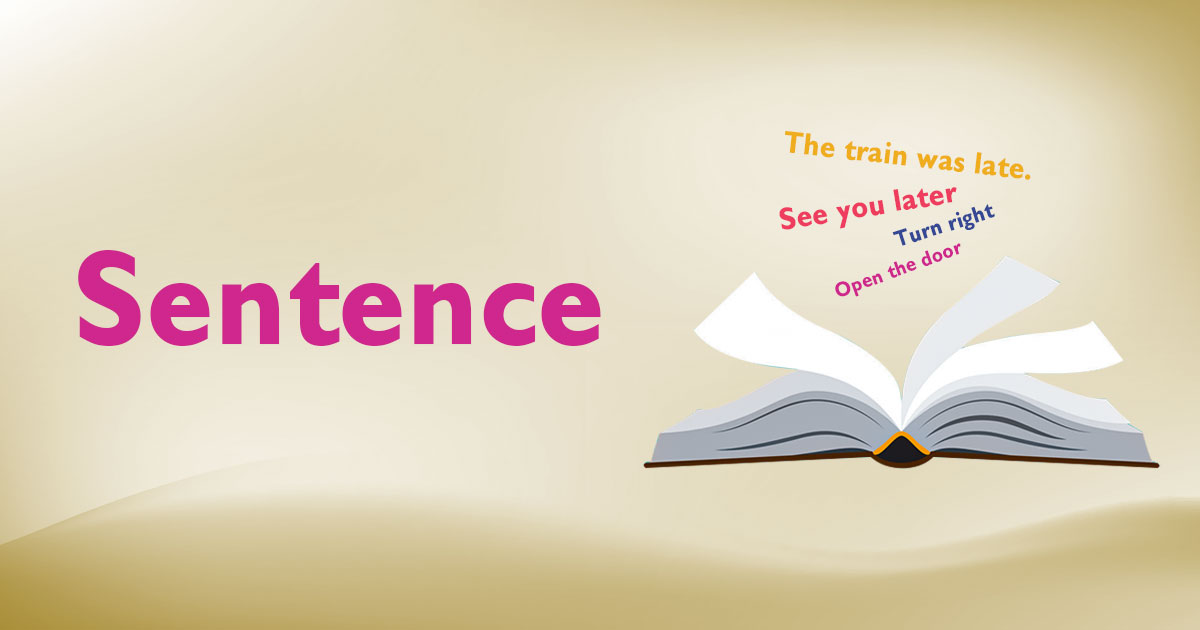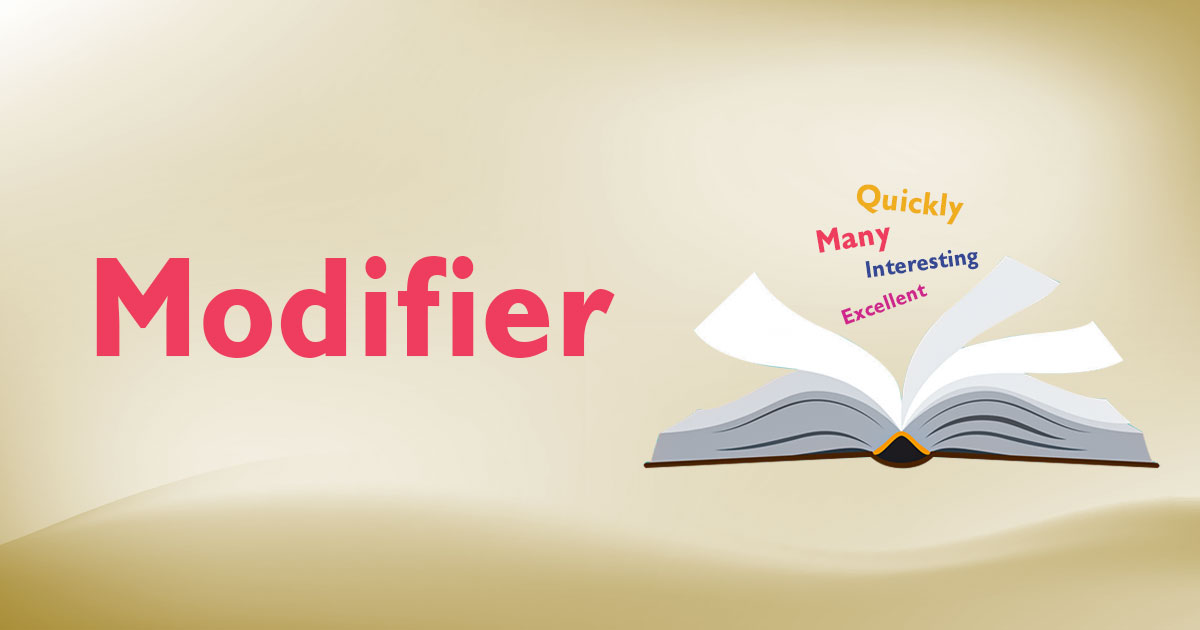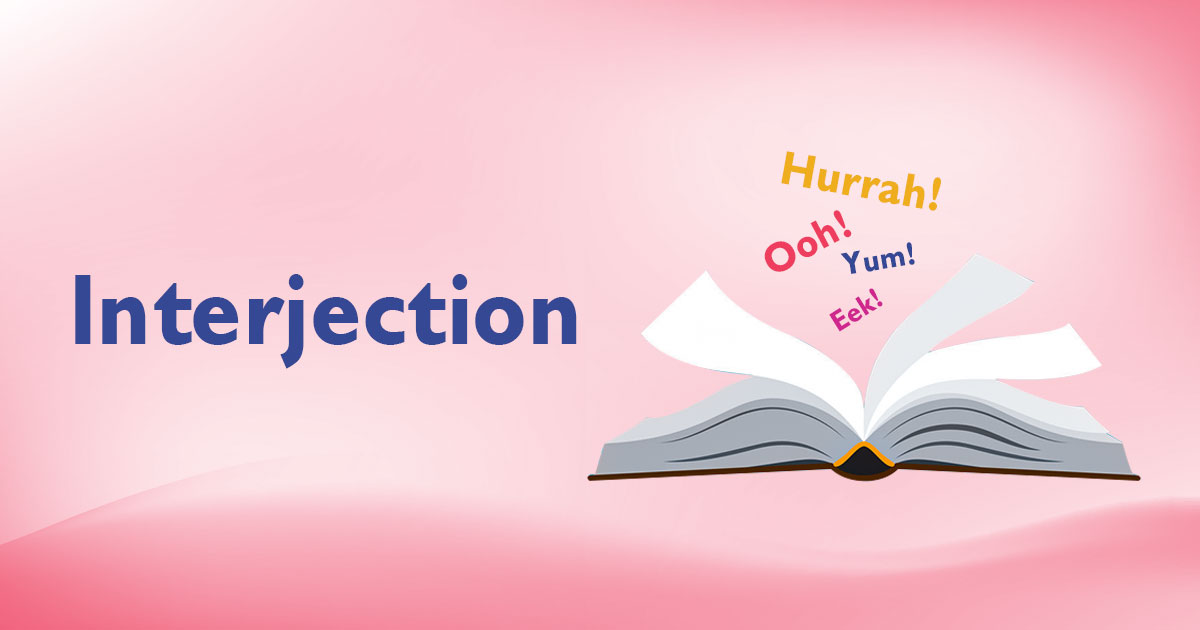Pro at pronouns
Did you know you use pronouns everyday? Pronoun কী তা যদি তুমি নাও জেনে থাকো, তুমি কিন্তু প্রতিদিনই pronoun use করে থাকো। তাহলে চলো দেখি আমরা pronoun বলতে কী বুঝি।
Pronoun is a word which is used in place of a noun or instead of a noun. অর্থাৎ sentence-এ noun-এর পরিবর্তে যে words গুলো used হয় তাদেরকে pronoun বলে। Example I, you, she, he, they, it, those, whom etc.
Sentence-এ যদি আমরা বার বার কারো নাম ব্যবহার করি তাহলে আমাদের কথার flow নষ্ট হয় এবং অনেক monotonous করে ফেলে। Pronoun use করে আমরা কথার flow smooth করে থাকি। এই Pronoun কিন্তু আবার অনেক ধরনের হয়ে থাকে। চলো এখন জেনে নেই Pronoun কত ধরনের হয়ে থাকে।
Types of Pronoun
Image-এ তুমি দেখতে পাচ্ছো যে Pronoun ৯ ধরনের হয়ে থাকে।
এখন চলো এই ৯ ধরনের pronoun উদাহরণসহ সংক্ষেপে জেনে নেই।
Personal Pronoun
A personal pronoun is a short word we use as a simple substitute for the proper name of a person.
অর্থাৎ, যে word কোনো specific ব্যক্তি বা প্রাণীর proper noun-এর substitute হিসেবে use হয় তাকে personal pronoun বলে।
Example: I, we, she, he, they etc.
Demonstrative Pronoun
A demonstrative pronoun is a pronoun that represents a noun and expresses its position as near or far, it also indicates whether something is singular or plural.
অর্থাৎ যে pronoun Noun কে represent করে এবং speaker-এর থেকে কোন কিছু কতটুক দূরে বা কাছে তা বুঝায় তাকে demonstrative pronoun বলে। এছাড়াও indicated জিনিসটি singular না plural, তাও express করে। Example: This, that, those, these.
Interrogative Pronoun
এবার Interrogative pronoun–এ আসা যাক। শুধমাত্র question করতে যে pronouns গুলো use হয় তাদেরকে Interrogative Pronouns বলে। এইগুলোকে আমরা easily identify করতে পারি কারণ এরা always ‘Wh’ দিয়ে শুরু হয়, শুধু একটি ‘H’ case ছাড়া.
Example: What is the name of your school?
Interrogative Pronoun (Types, uses, examples)
| What | Asking for a person, animals or things in general | What is your hobby? |
| Which | Asking for a person, animals or things in a limited number | Which of these two do you like? |
| Who | Asking for a specific person/ name | Who is the owner of this house? |
| Where | Expecting the answer to be of a place | Where are you going already? |
| When | Asking for dates, days or a certain life event | When is your birthday? |
| Why | Asking for a reason | Why did you leave him? |
| How | Asking for steps or instructions | How to make a cup of tea? |
Distributive Pronoun
A distributive pronoun considers members of a group separately, rather than collectively. They include each, any, either, neither and others. i.e: either, neither, each, every etc.
চলো একটি table-এর মাধ্যমে দেখে নেই।
Distributive Pronoun examples:
| Each | Each of you will be awarded. |
| Either | I might buy either of these two albums. |
| Neither | Neither of the lights is working. |
| Everyone | Everyone can join the office gym. |
| Any | Any of you can collect the parcel. |
| None | None of you attended the morning meeting. |
Indefinite Pronoun
Sometimes pronouns in a sentence are not used to refer to any particular thing or person, but used in a general way. They are called Indefinite pronouns. In these cases we use pronouns ending in ‘–body’ or ‘–one’ for people, and pronouns ending in ‘–thing’ for things.
নিচের tableটি দেখে নাও এতে তোমার understanding আরও clear হবে।
| Indefinite Pronoun Examples | |||
| Singular | Plural | Singular & Plural | |
| another, each, either, much, neither, one, other | anybody, anyone, anything, everybody, everyone, everything, nobody, no one, nothing, somebody, someone, something | both, few, many, others, several | all, any,more, most, none, some |
Reflexive Pronoun
Pronouns that represent the action performed by the subject on the subject itself.Personal pronoun-এর সঙ্গে ‘self বা selves’ add হয়ে কোনো pronoun যখন object-এর place নিয়ে নেয় এবং পিছনে ফিরে আবার subject-কে indicate করে তখন তাকে আমরা reflexive pronoun বলি। Chart টিতে দেখতে পারছ কীভাবে reflexive pronoun গঠন করা হয়ে থাকে।
| Person | Singular | Plural |
| First | Myself | Ourselves |
| Second | Yourself | Yourselves |
| Third | Herself, himself, itself | Themselves |
Emphatic pronoun
When reflexive pronouns are used to put emphasis on a particular noun they are called emphatic pronouns. যখন কোন particular Nounকে emphasize করতে reflexive Pronoun use করা হয় তখন তাকে Emphatic pronoun বলে। যেমন: He himself told me.
Reciprocal Pronoun
সহজ ভাবে বলা যায়, যখন একের বেশি noun কোনো একটি কাজ একইসাথে করতে থাকে তখন তাকে Reciprocal pronoun বলে। যেমন: Terry and Jack were talking to each other in the hallway. The students congratulated one another after the program. English Language-এ শুধু ২টি Reciprocal Pronoun আছে- each other এবং one another.
Relative Pronoun
কোনো sentence-এ কোনো একটি noun সম্পর্কে নতুন information add করার জন্য যে Pronoun use করা হয় তাকে relative pronoun বলে। যেমন: who, whom, that, which etc.
আশা করছি এখন থেকে তুমি শুধু pronoun-এর useই জানবে না, একই সাথে কখন কোন pronoun ব্যবহার করা হচ্ছে তাও identify করতে পারবে।

